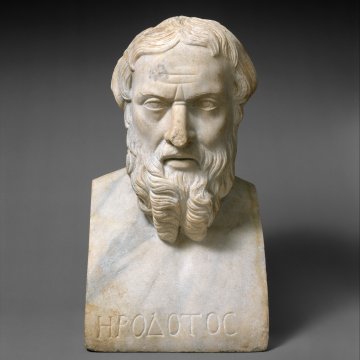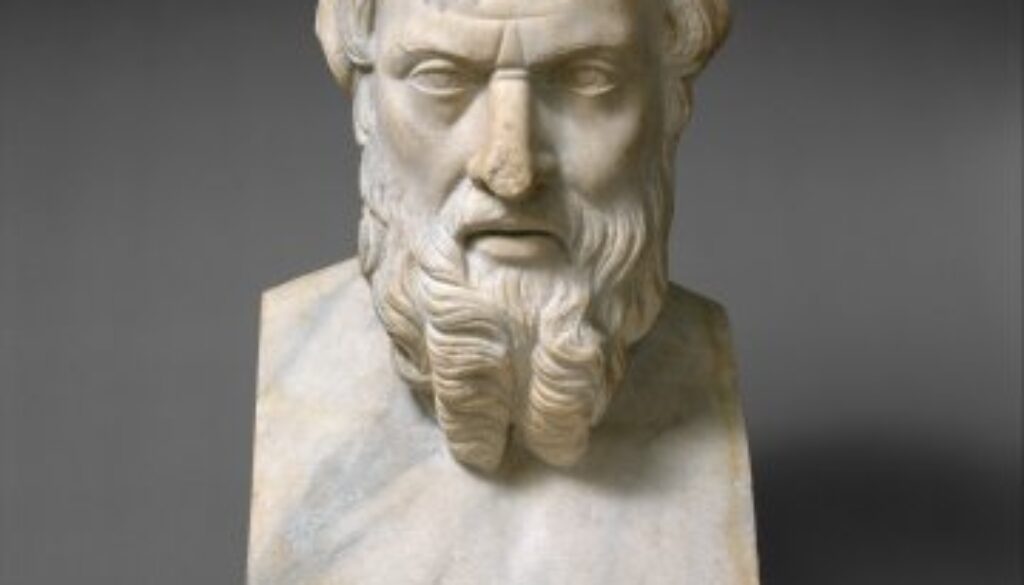Party Time in Ancient Egypt
So much of what we know of ancient Egypt we learn from tombs and inscriptions and grave goods, so we tend to think of them as fixated on the afterlife, but far from just slaving away on pyramids and giant statues to honor the dead, the ancient Egyptians knew how to have a good time in the here and now, or perhaps I should say, the there and then.

The Greek historian Herodotus visited Egypt in the fifth century BC, and he reports that the Egyptians gathered together by the hundreds of thousands for religious festivals five or six times a year, the most important being the festival of the cat goddess Bast at Bubastis.
“The procedure at Bubastis is this: they come in barges, men and women together, a great number in each boat; on the way, some women keep up a continual clatter with castanets and some of the men play flutes, while the rest, both men and women, sing and clap their hands.
“Whenever they pass a town on the river-bank, they bring the barge close in-shore, some of the women continuing to act as I have said while others shout abuse at the women of the place, or start dancing, or stand up and hitch up their skirts.
“When they reach Bubastis they celebrate the festival with elaborate sacrifices [read barbeque], and more wine is consumed than during all the rest of the year. The numbers that meet there, are, according to native report, as many as seven hundred thousand men and women – excluding children.”
Herodotus also credits the Egyptians with important advances in public health and sanitation:
“It was the Egyptians who first made it an offense against piety to have intercourse with women in temples, or to enter temples after intercourse without having previously washed.
“Hardly any nation except the Egyptians and Greeks has any such scruple, but nearly all consider men and women to be, in this respect, no different than animals, which, whether they are beasts or birds, they constantly see coupling in temples and sacred places – and if the god concerned had any objection to this, he would not allow it to occur.
“Such is the theory, but, in spite of it, I must continue to disapprove the practice.”
